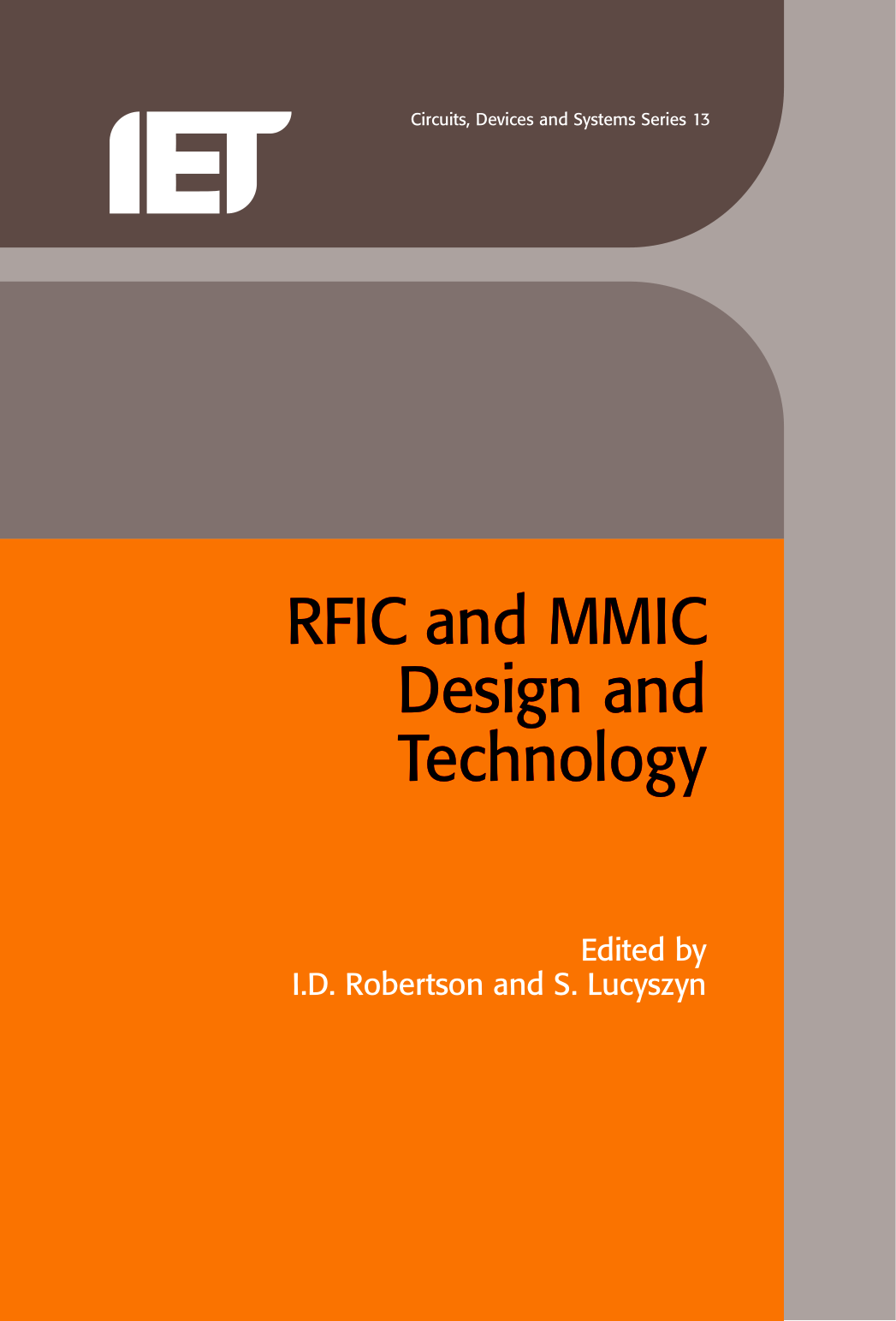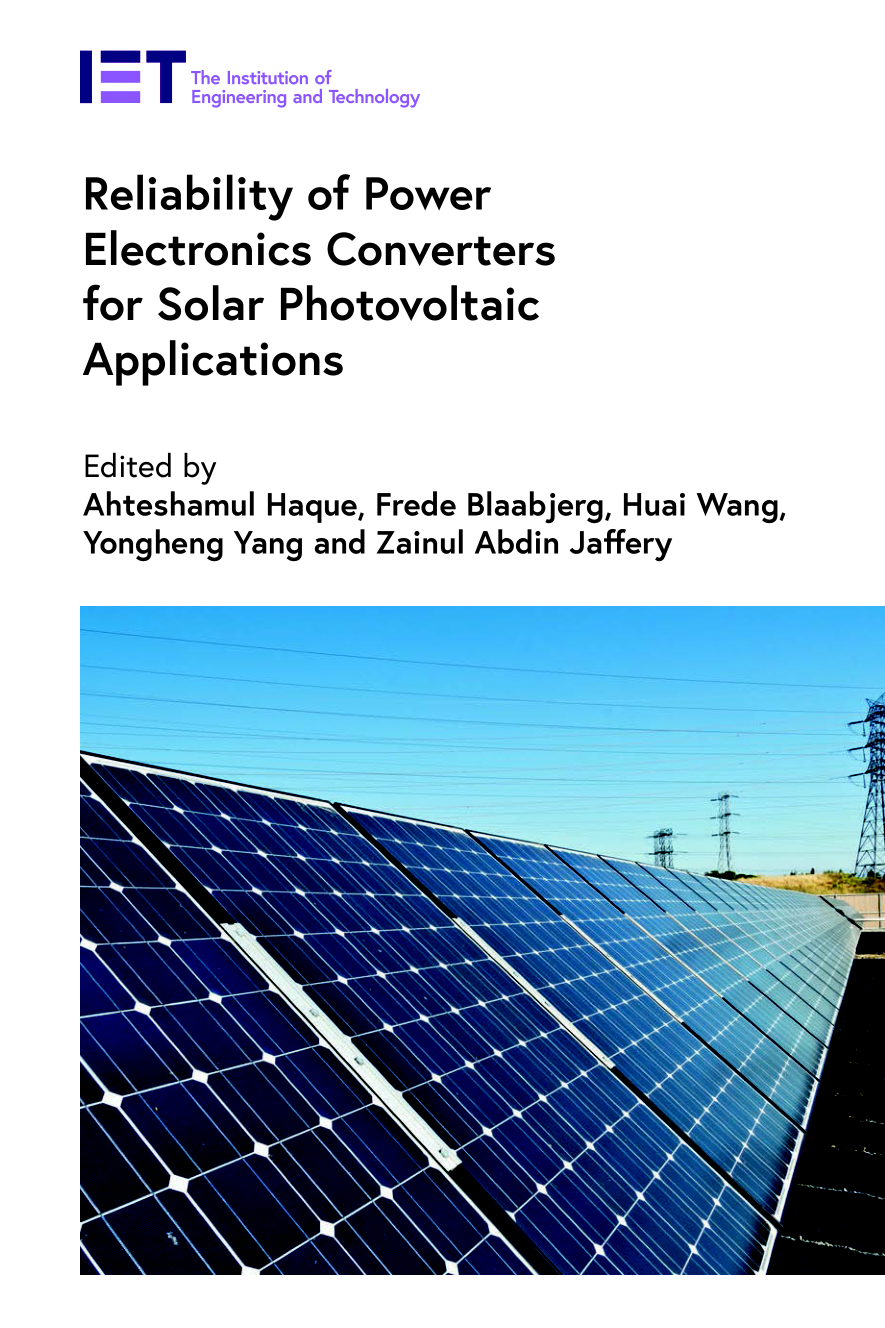CLCTM
LanguageENG
PublishYear2010
publishCompany
CRC Press
EISBN
9781439802939
PISBN
9781439802922
edition
3
- Product Details
- Contents
The U.S. Department of Energy now estimates a factor of 14 increase in grid-connected systems between 2009 and 2017, depending upon various factors such as incentives for renewables and availability and price of conventional fuels.
With this fact in mind, Photovoltaic Systems Engineering, Third Edition presents a comprehensive engineering basis for photovoltaic (PV) system design, so engineers can understand the what, why, and how associated with the electrical, mechanical, economic, and aesthetic aspects of PV system design. Building on the popularity of the first two editions, esteemed authors Roger Messenger and Jerry Ventre explore the significant growth and new ideas in the PV industry. They integrate their experience in system design and installation gained since publication of the last edition.
Intellectual tools to help engineers and students to understand new technologies and ideas in this rapidly evolving field
The book educates about the design of PV systems so that when engineering judgment is needed, the engineer can make intelligent decisions based on a clear understanding of the parameters involved. This goal differentiates this textbook from the many design and installation manuals that train the reader how to make design decisions, but not why. The authors explain why a PV design is executed a certain way, and how the design process is actually implemented.
In exploring these ideas, this cutting-edge book presents:
An updated background of energy production and consumption
Mathematical background for understanding energy supply and demand
A summary of the solar spectrum, how to locate the sun, and how to optimize the capture of its energy
Analysis of the components used in PV systems
Also useful for students, the text is full of additional practical considerations added to the theoretical background associated with mechani
Collected by
- University of Cambridge
- Yale University
- Princeton University
- Columbia University Library
- Stanford University
- UCB











